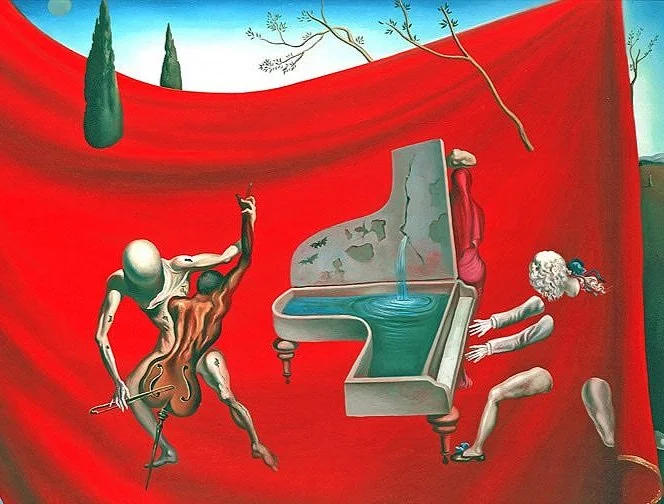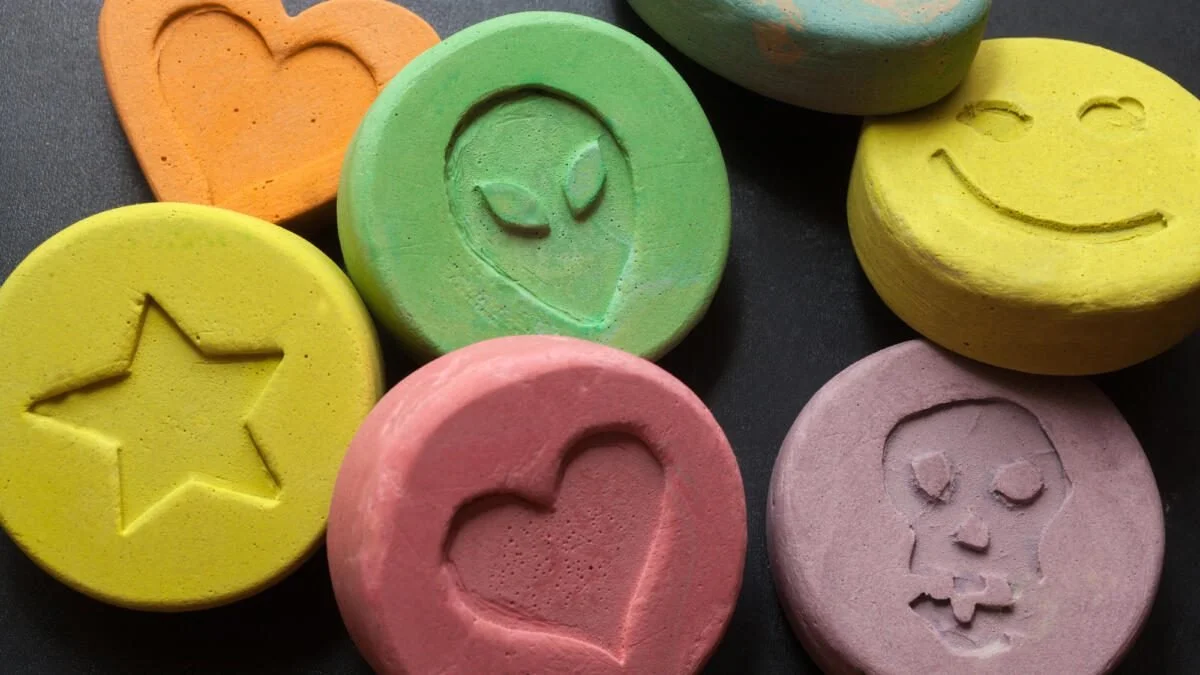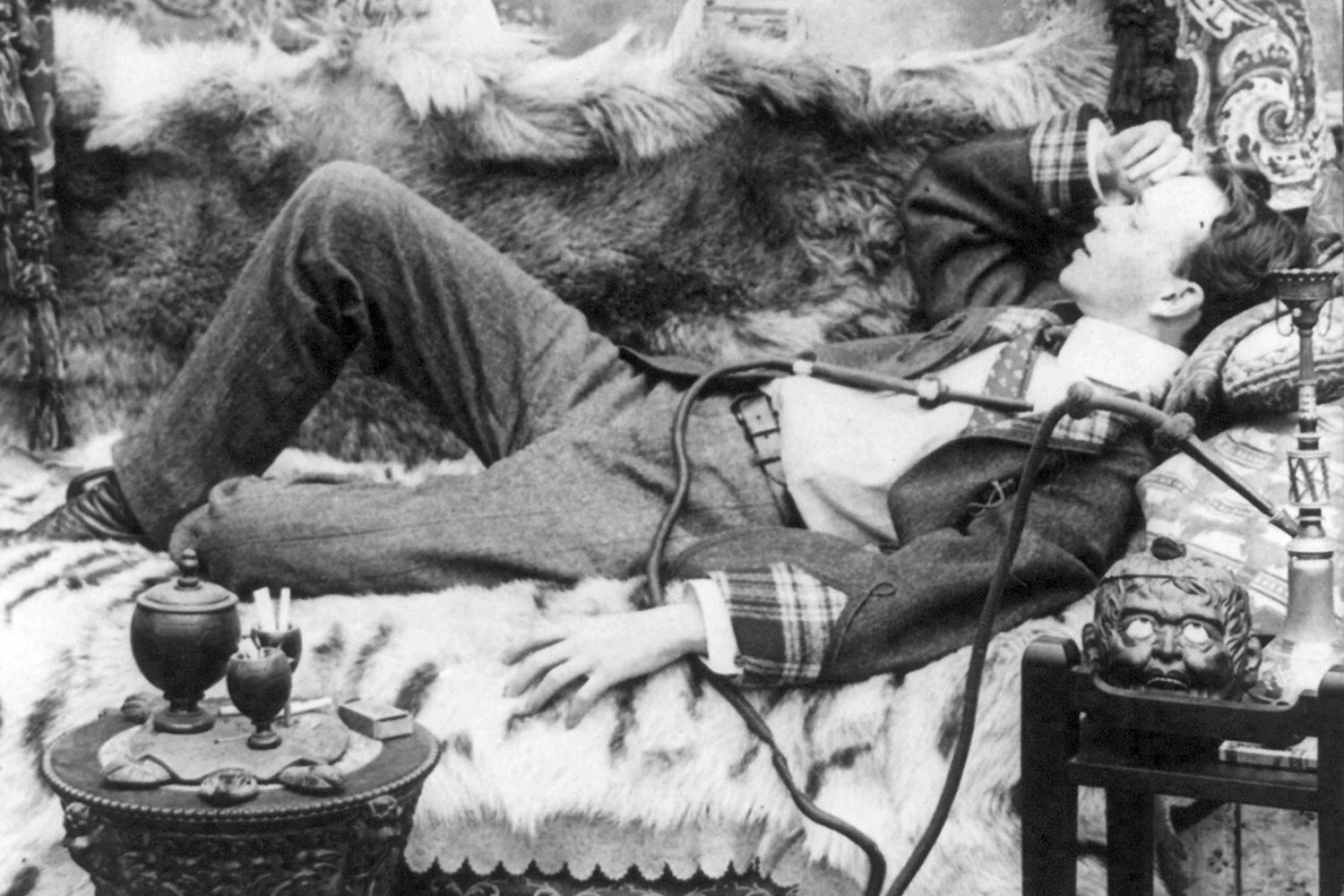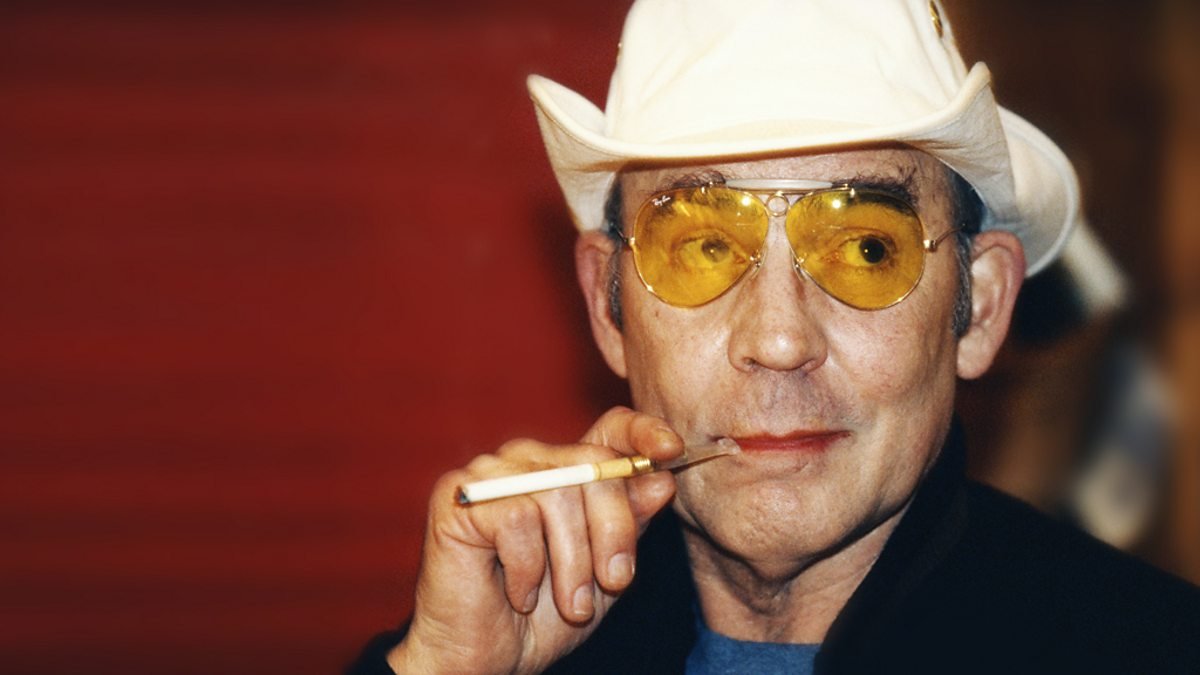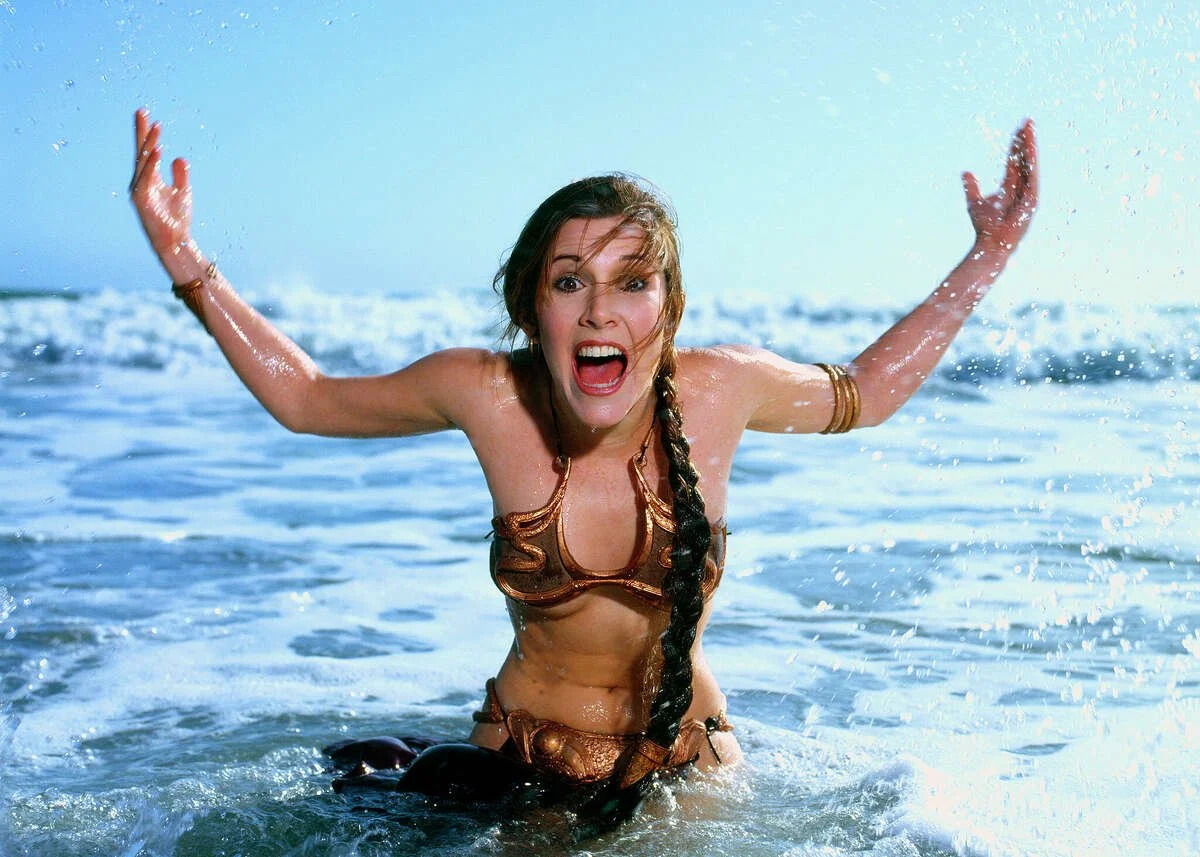By The Landlord
“I don't do drugs. I am drugs.” – Salvador Dali
“O God, that men should put an enemy in their mouths to steal away their brains!" – Cassio in William Shakespeare’s Othello
“A gramme of soma … All the advantages of Christianity and alcohol; none of their defects.” – Aldous Huxley, Brave New World
“The smell of opium is the least stupid smell in the world.” – Jean Cocteau
“Take your best orgasm, multiply the feeling by twenty, and you're still fuckin miles off the pace.” – Irvine Welsh, Trainspotting
“Drugs are a bet with your mind.” – Jim Morrison
“If you're going to kick authority in the teeth, you might as well use two feet.” – Keith Richards
“I took an apartment near the state university, where I discovered both crystal methamphetamine and conceptual art. Either one of these things are dangerous, but in combination they have the potential to destroy entire civilizations.” – David Sedaris, Me Talk Pretty One Day
“A drug is not bad. A drug is a chemical compound. The problem comes in when people who take drugs treat them like a license to behave like an asshole.” – Frank Zappa
“All any drug amounts to is tweaking the incoming data. You have to be incredibly self-centered or pathetic to be satisfied with simply tweaking the incoming data.” - William Gibson
“I used to have a drug problem, now I make enough money.” – David Lee Roth
“Reality is just a crutch for people who can't handle drugs.” – Robin Williams
A cheeky, chatty chocolate bar performing a music hall routine; traversing a bog landscape made entirely of squelchy, squeaky and strangely comforting halloumi cheese; glowing, laughing 'wheat people' who keep running away; a fog of floating, talking strawberries and gavotte-dancing carrots; giant blue stork-like bird creatures painting their souls on a crimson sky. These are some of the many things I've seen and passed through under the influence of hallucinogens, mostly LSD or Mexican mushrooms.
On cocaine I've talked edgy, short-lived, razor-sharp nonsense. On powerfully tasty hash flapjacks I've played effortless mental and literal floppy frisbee. On ecstasy I've been hugged by, and embraced in turn complete strangers, inspired then to extol them with the colour of their inner beauty, then danced minimally and blissfully for hours to music I wouldn't normally enjoy, seeing inventively self-creating boxes and other geometric shapes with previously unlocked levels of repetitious, athletic relaxation.
Mostly, with the balance and the timing right, it's been great. Apart from a slight dose of depression Tuesday. But that's because I know when to stop and I've stayed away from needles and the very hard stuff. And just before sleep finally comes, another art is knowing how much water to drink, and to then let the brain follow and enjoy those, cinematic fleeting final moments. And some hours later, to rise and enjoy a fine, big healthy breakfast, a big hot mug of sweet tea, take a gentle walk, be kind to yourself and others, and perhaps watch cartoons.
This week then it's time to summon both the angel and the devil, to open the doors of perception, to tap into the inner unknown, and to look into the world of illicit and recreational drug taking as expressed in songs, the ups the downs, the profundities and the banalities. It's a huge, daunting subject, one that for me at first causes the brain to drift before it begins to sift.
It's also one in part has been touched on before for marijuana/cannabis, with these smokin’ playlists by guest megadom and in the distant past, briefly cocaine and heroin. But there's a lot more to take in and give out. From pleasures to dangers, stimulants to suppressants, there's a huge amount to say about this, but for the purposes of this topic, let's attempt to concentrate on songs that capture or refer to the experience of taking illicit drugs rather than the pharmaceutical prescription variety, which perhaps make another topic, though of course all are prone to use and abuse in different forms.
How do we define illicit or illegal, when that is something in a state of flux, particularly when it comes to something like marijuana/cannabis, which has changed status in many parts of the US and Canada? Well, that's open to interpretation, but if under some legal constriction at the time when the song was written then it adds validity, as well spice to the experience.
Humans aren't alone in seeking mind-altering substances in recreational form. Black lemurs for example are known to gently bite toxic millipedes, causing them to salivate, so lemurs rub the saliva and the millipede secretions, which contain small doses of cyanide and benzoquinone, on their fur as an insect repellent. But this isn't just a natural pharma solution, it's also in behaviour known as zoopharmacognosy, to attain an apparently blissful state. I think I’ll stick to magic mushrooms myself:
Rough-toothed dolphins meanwhile are known to push around pufferfish with the noses, and cause the fish to excrete tetrodotoxin, which is deadly in large doses, but in smaller amounts give them a pleasing lightheaded numbness and tingling sensation.
So then, just for a few ideas to get us stimulated, The Song Bar Mind Ship has travelled through space and time and a whole crowd of visitors have arrived for a drink and some extras from under the counter. Drug-taking and mind-altering has been as long as people have been suffering, socialising and creating.
Here are some more senior figures giving their inspiration including that pioneering Mancunian of pleasure-seeking Thomas De Quincey, who, long before the pill revolution, in his landmark 1821 book Confessions of an English Opium Eater, reveals how “here was the secret of happiness, about which philosophers had disputed for so many ages, at once discovered: happiness might now be bought for a penny, and carried in the waistcoat pocket; portable ecstacies might be had corked up in a pint bottle, and peace of mind could be sent down in gallons by the mail-coach.”
Thomas De Quincey
And here’s Walter Scott who in talking about the use of opiates, declares: “If those who rail indiscriminately at this species of composition, were to consider the quantity of actual pleasure it produces, and the much greater proportion of real sorrow and distress which it alleviates, their philanthropy ought to moderate their critical pride, or religious intolerance.”
Samuel Taylor Coleridge, who wrote the epic Kubla Khan with its pleasure dome was known to take opium as a tincture, and described how in resultant sleep “all the images rose up before him as things” although his withdrawal also involved witnessing a “fiendish crowd / Of shapes and thoughts that tortured me”. Opium was variously sampled by all the key writers of that period, from Shelley to Dickens, Scott to Byron, Keats to Elizabeth Barrett Browning.
And later that century, here’s Sigmund Freud from The Interpretation of Dreams his own controversial practice: “I was making frequent use of cocaine at that time ... I had been the first to recommend the use of cocaine, in 1885, and this recommendation had brought serious reproaches down on me.”
And here’s Edgar Allan Poe, wracked with guilt about dubiousness of the pain-pleasure see-saw of illicit substance taking: “I have absolutely no pleasure in the stimulants in which I sometimes so madly indulge. It has not been in the pursuit of pleasure that I have periled life and reputation and reason. It has been the desperate attempt to escape from torturing memories, from a sense of insupportable loneliness and a dread of some strange impending doom.”
But let’s now dive into the 20th century and beyond for a whole heap of drugs and people who’ve had them enjoying a big party in the Bar. Let’s wander around and see what snippets of conversation we can pick up:
King of consumption, is of course that unstoppable machine-gun brain Hunter S. Thompson, adding some more Fear and Loathing in Las Vegas to entertain fellow guests, describing how: “We had two bags of grass, seventy-five pellets of mescaline, five sheets of high powered blotter acid, a salt shaker half full of cocaine, and a whole galaxy of multi-colored uppers, downers, screamers, laughers... and also a quart of tequila, a quart of rum, a case of Budweiser, a pint of raw ether and two dozen amyls …Not that we needed all that for the trip, but once you get locked into a serious drug collection, the tendency is to push it as far as you can.”
Hunter S Thompson
Jerry Garcia’s back from the Dead too, with this to add on the creative side to such stimulus: “Drugs are one of those things everybody has to decide for himself. I've learned lots from drugs, and I think life would be terribly dull without them. I think the whole drug thing ... they've just got it all wrong. It's so wrong that I feel funny addressing it. I don't want anybody to have the idea I'm somehow endorsing drugs. But I think anything that gives you the ability to charge your personality or see things from another perspective is helpful.”
Author Alan Moore prefers to concentrate on one drug of choice. “LSD was an incredible experience. Not that I’m recommending it for anybody else; but for me it kind of – it hammered home to me that reality was not a fixed thing. That the reality that we saw about us every day was one reality, and a valid one – but that there were others, different perspectives where different things have meaning that were just as valid. That had a profound effect on me.”
Enjoying his company, here’s also comedian and actor Eddie Izzard: “Well, if you've never seen an elephant ski, you've never been on acid.”
Psychologist Timothy Leary found fame with extolling the pleasures of that drug, but in his biography this 60s figure, I Have America Surrounded, author John Higgs recounts a side-effect: “Megalomania is a common reaction to extensive LSD use, for once you are aware that your reality was created by yourself for your own benefit, it is hard to avoid getting a God complex.”
Carrie Fisher in her Star Wars days
Fame and drugs might bring on some kind of God complex but can also destroy self-esteem. Carrie Fisher, who had trouble coping with the fame brought by Star Wars, reflects on why she turned to drugs as a way to real in the craziness and complicatedness of her life and her personality: “I mean, that's at least in part why I ingested chemical waste - it was a kind of desire to abbreviate myself. To present the CliffNotes of the emotional me, as opposed to the twelve-column read. I used to refer to my drug use as putting the monster in the box. I wanted to be less, so I took more - simple as that. Anyway, I eventually decided that the reason Dr. Stone had told me I was hypomanic was that he wanted to put me on medication instead of actually treating me. So I did the only rational thing I could do in the face of such as insult - I stopped talking to Stone, flew back to New York, and married Paul Simon a week later.”
David Foster Wallace in his mind-blowing Infinite Jest also touches on something similar, a rented to self-edit: “Most substance-addicted people are also addicted to thinking, meaning they have a compulsive and unhealthy relationship with their own thinking.”
Cocaine is a carriage on which the fast-talking user can crash and burn, but it’s been a stimulus for the music industry as much as any other. Fleetwood Mac, for example, when recording Rumours, would get through vats of the stuff. Meanwhile a book by Nikki Sixx, A Year in the Life of a Shattered Rock Star, there’s a section titled A Short Alternative Medical Dictionary - Definitions courtesy of Dr Lemuel Pillmeister (aka Lemmy from Motörhead), one of the entries is:
“Cocaine - Peruvian Marching Powder. A stimulant that has the extraordinary effect that the more you do, the more you laugh out of context.”
And fast-talking Robin Williams can’t help but chip in here: “Cocaine is God's way of saying you're making too much money.”
Inevitably, this could go on and on. So finally, let’s get stimulating, but also calm down via a couple of cartoons. First, that 1940s Disney masterpiece that combined classical music with mind-altering images, and a section from Fantasia:
Clearly the Disney team were on a real trip during this decade. How about this sequence from 1941’s Dumbo?
There are many drug references in cartoons from Popeye to Scooby Doo to Ren and Stempty. But finally, a highly recommended modern classic, The Midnight Gospel, created by Pendleton Ward and comedian Duncan Trussell who also voices the main character, Clancy, who lives in Set in a dimension known as the Chromatic Ribbon, a colourful void from which he can journey into different worlds via bio-organic computers to interview key characters for his spacecast. The episodes merge stimulating real-life conversations with mind-blowing images. Here’s a sample:
So then, where will your drug-inspired song trip take you? Making substance out of all of this, let’s welcome back to the chair, this week’s mind-altering guest guru, MussoliniHeadkick! Place your ideas in comments below for deadline at 11pm UK time on Monday for playlists published next week. The rush is on. Time for the big trip …
New to comment? It is quick and easy. You just need to login to Disqus once. All is explained in About/FAQs ...
Fancy a turn behind the pumps at The Song Bar? Care to choose a playlist from songs nominated and write something about it? Then feel free to contact The Song Bar here, or try the usual email address. Also please follow us social media: Song Bar Twitter, Song Bar Facebook. Song Bar YouTube, and Song Bar Instagram. Please subscribe, follow and share.
Song Bar is non-profit and is simply about sharing great music. We don’t do clickbait or advertisements. Please make any donation to help keep the Bar running:

